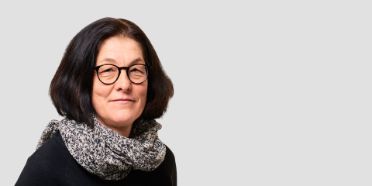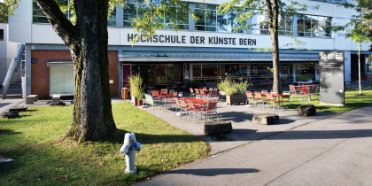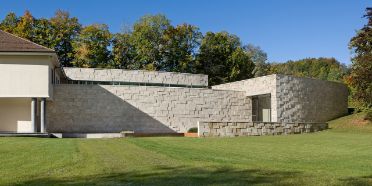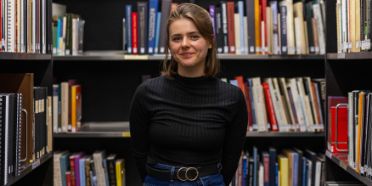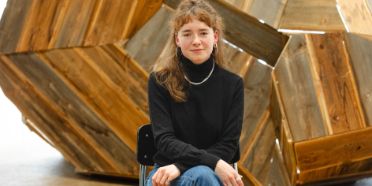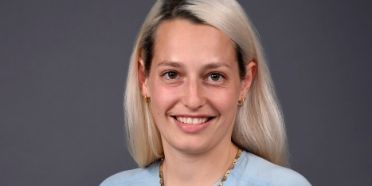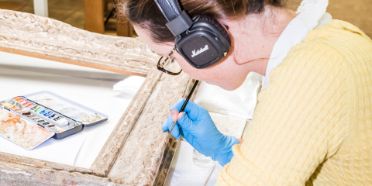Focus Areas
This degree programme is your entry into the conservation profession. You choose your specialisation: Architecture and Furnishings; Paintings and Sculptures; Graphics; Written Material and Photography; Contemporary Art and Media.
What you will gain with your degree
In the Bachelor of Arts in Conservation you learn the basic practical and theoretical skills to understand and preserve artistic and cultural artefacts.
To this end, you look at the history and interpretation of the works. You understand that values matter and change. This equips you to properly apply the acquired knowledge about materiality, its degradation, conservation and prevention under supervision.
Specialisations
You choose your specialisation at the very beginning of your studies. It then accompanies you through a subsequent Master’s degree programme. Up to the fourth semester you can switch to another specialisation, provided there are places available there. There are different specialisations to choose from.
